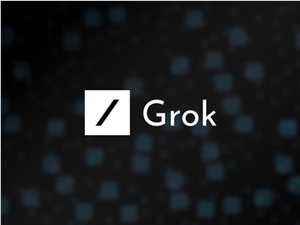Tesla CEO Elon Musk recently made thought-provoking remarks on social media, suggesting that in the future, humans might be able to upload their brain memories and mental states to the cloud and download them into humanoid robots. This idea stemmed from Musk's response to a Tesla fan's question about extending life, sparking widespread attention and discussion.

Musk holds high hopes for Tesla's Optimus robot, launched in 2021. Beyond its initial design for handling dangerous, repetitive, or tedious tasks, he envisions Optimus as a human companion, capable of caring for children and even participating in Olympic shooting competitions. At this year's shareholder meeting, Musk boldly predicted that everyone on Earth might own at least one robot in the future, with the global number of robots potentially reaching 10 billion or even more.
Musk believes the market size for Optimus will reach an astonishing $25 trillion, far exceeding the $5 to $7 trillion electric vehicle market. Tesla plans to start small-scale production of practical humanoid robots for internal factory use next year and expand production to meet external customer demands by 2026. Currently, two Optimus robots are in use at Tesla's factory, handling battery handling tasks.
Musk anticipates that once mass production is achieved, the price of Optimus will be controlled between $10,000 and $20,000, even lower than Tesla's cheapest Model 3 sedan. This pricing strategy could further promote the popularity of humanoid robots, bringing profound impacts to future society.









